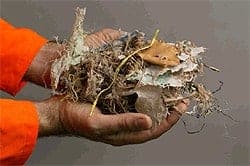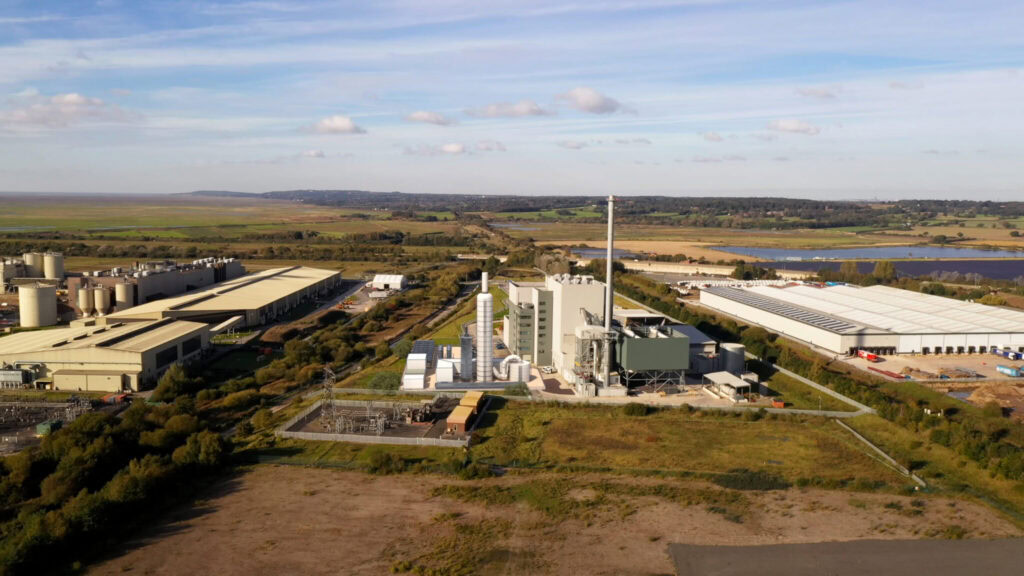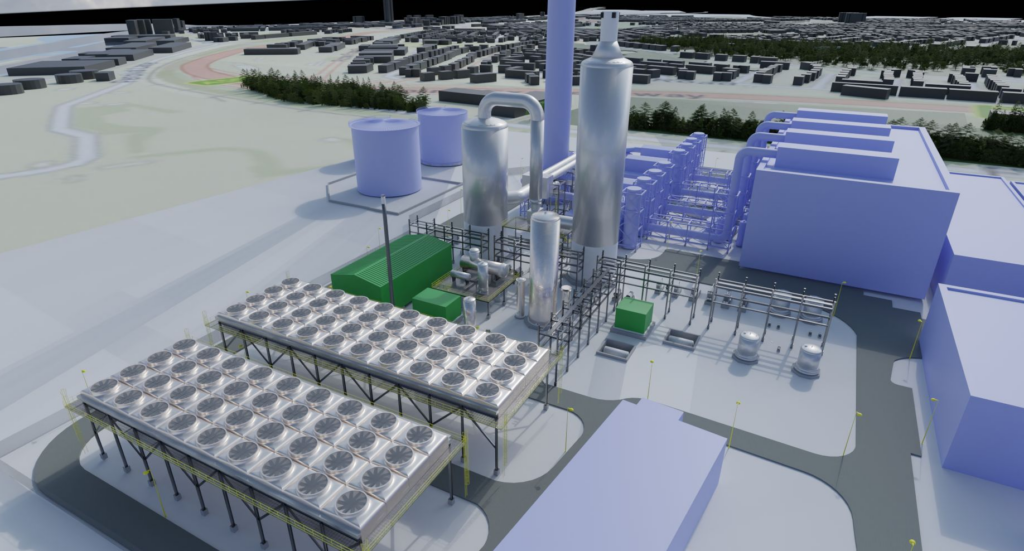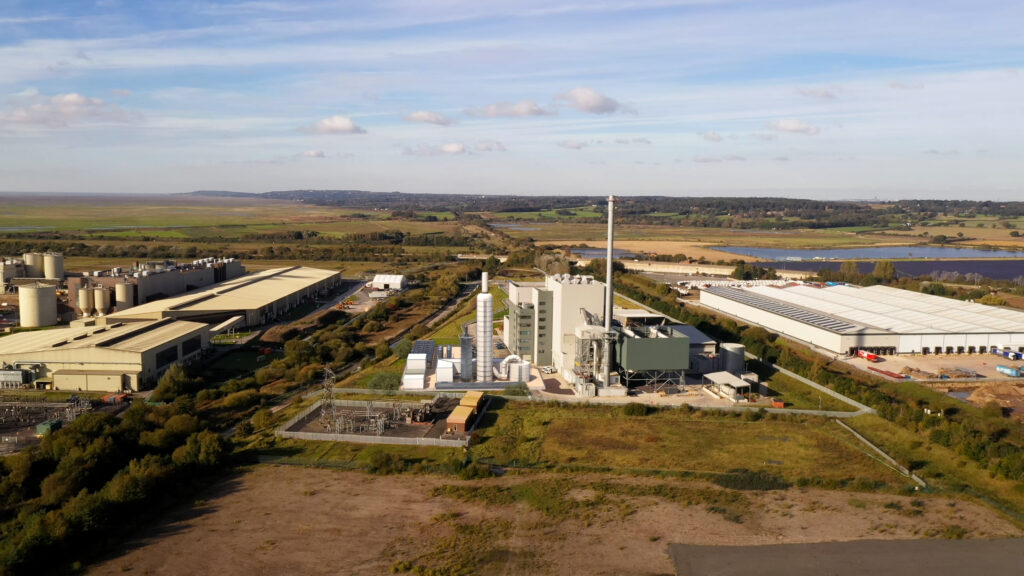The Renewable Energy Association (REA) has argued in favour of greater investment in UK-based energy from waste capacity after Defra revealed that the amount of waste exported for incineration has risen significantly since 2008.
Defra minister Richard Benyon revealed yesterday (January 17) that more than 272,000 tonnes of refuse derived fuel (RDF) was exported from the UK in 2011, in response to a question by Labour MP and Efra Committee member Thomas Docherty on the amount of waste being exported by the UK.

The 2011 figures show a significant rise from 2008, when no RDF was exported from the UK. And, Mr Benyon also commented that the figure is expected to show a substantial increase when full data for 2012 is published.
RDF is a fuel produced by shredding and dehydrating solid waste and can be burned to produce energy. Companies must apply to the Environment Agency if they wish to export the material.
Mr Benyon said: Over the past two years UK competent authorities have received an increasing number of applications from waste companies wanting to export wastes for energy recovery, including refuse-derived fuel. The move to divert municipal waste from landfill and increases in landfill tax mean that it can now be more economic for companies to export this material than to send it to landfill.
As with other types of waste, refuse derived fuel is a commodity that can legitimately be exported, as long as this is in accordance with the requirements of the EU Waste Shipments Regulation.
REA
But, the Renewable Energy Association (REA), which represents renewable energy producers in the UK, including operators of energy from waste facilities, claimed that the increase is a result of Europes EfW infrastructure being very far ahead of that in the UK, and that it supported greater use of RDF domestically.
A spokesman for the REA told letsrecycle.com: Export of waste for energy recovery is an issue we have been talking about for a long time. Most European countries are very far ahead of the UK on waste-to-energy, as well as most other renewable technologies.
In terms of balance of trade, it is good that the UK industry is so successful at exporting refuse derived fuel to the continent, but given the massive investments urgently required in new power generation, it would actually make more sense to make use of it here in the UK. We are fully in favour of further investment in UK based waste-to-energy infrastructure across the whole range of energy recovery technologies.
Waste sector
Meanwhile, the Envrionmental Services Association (ESA), which represents the waste management sector in the UK, said that the growth in RDF export was a response to the lack of EfW capacity in the UK, and would change when more facilities come online.
ESA director of policy Matthew Farrow, said: “The growth in RDF/SRF exports is a natural market response to the combination of spare EFW capacity on the continent and limited EFW capacity in the UK. This is likely to change as more UK EFW investment takes place, which will of course mean that the energy produced will benefit the UK energy system rather than those abroad.”
The practice of exporting RDF has attracted criticism from some in the waste sector who claim that it could put investment in domestic energy-from-waste capacity at risk (see letsrecycle.com story).









Subscribe for free